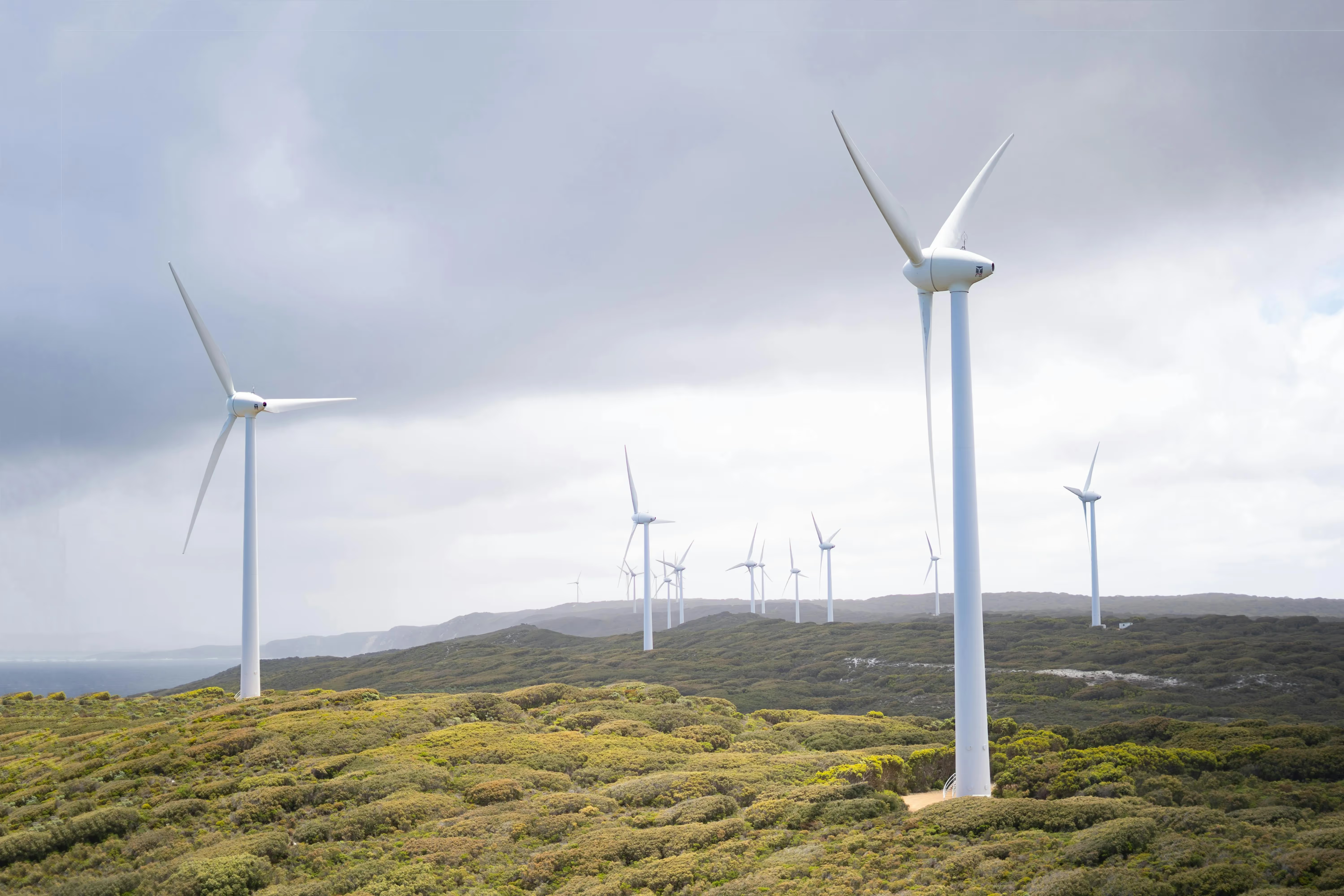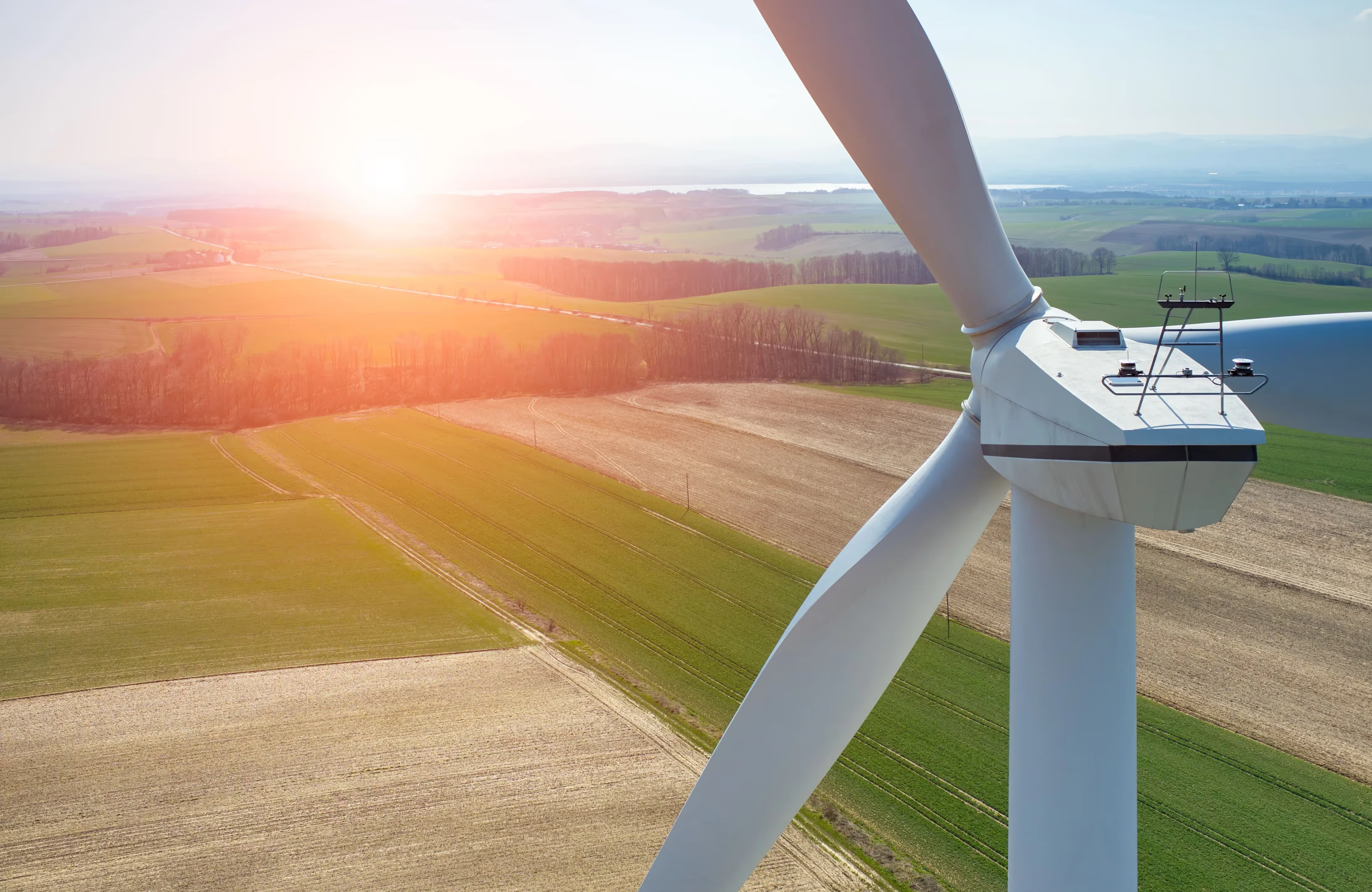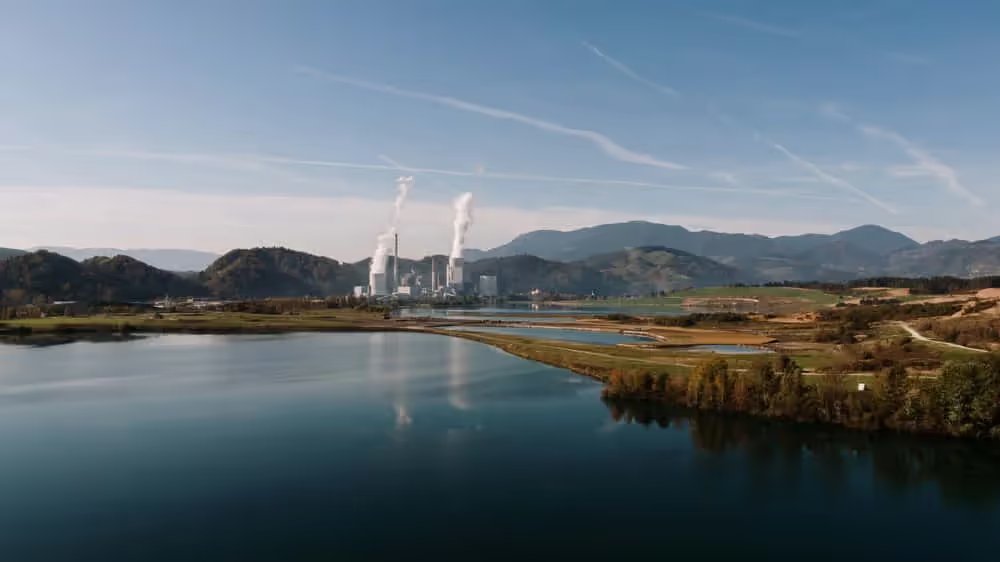
Investing in renewable energy is gaining attention from individuals and institutions alike. It offers a chance to be part of a sustainable future while potentially earning financial returns. The growing awareness of climate change and the need for cleaner energy sources drive this interest. Renewable energy provides a promising investment avenue that aligns with both environmental and economic goals.
There are various types of renewable energy investments available today. From solar panels to wind farms, the options are diverse, allowing investors to choose what matches their interests and financial capacity. These investments not only support the environment but also present opportunities for growth and innovation.
Despite the opportunities, investors need to consider factors like market trends and government policies. Each renewable energy project might come with different risks and benefits. Understanding these elements can help investors make informed decisions and maximize their returns.
Why invest in renewable energy?

Investing in renewable energy offers major benefits such as reducing pollution, boosting the economy, increasing energy security, and driving innovation. These factors highlight the importance of shifting towards sustainable energy sources.
Environmental benefits
Renewable energy significantly reduces harmful emissions. Unlike fossil fuels, sources like wind, solar, and hydro do not release carbon dioxide. This helps lower air pollution and combat climate change. Cleaner energy production promotes healthier ecosystems and protects biodiversity.
Renewable energy also decreases water usage. While coal and nuclear plants require large amounts of water for cooling, solar and wind need very little. This helps conserve water resources and ensures their availability for future generations.
Economic advantages
Investing in renewable energy can lead to economic growth. It creates jobs in manufacturing, installation, and maintenance. In 2020, the renewable energy sector employed millions, and the numbers continue to grow.
The investment offers both short- and long-term advantages. By reducing reliance on fossil fuels and minimizing the impact of price volatility in these resources, renewable energy generates substantial savings. Additionally, tax incentives and specific financing programs make it easier to access the capital needed to develop sustainable projects.
In the long term, these investments not only ensure a solid financial return but also drive job creation, foster technological innovation, and contribute to global economic stability by diversifying energy sources.
Energy security
Renewable energy enhances energy security by reducing reliance on imported fuels. Countries can produce their own energy, which decreases vulnerability to international supply disruptions. This independence creates a more robust energy market.
Local energy production also supports infrastructure resilience. For example, decentralized solar and wind installations can improve electricity grid stability. This means fewer blackouts and more reliable energy access for communities.
Technological innovation
Renewable energy drives technological innovation. Advances in solar panels and wind turbines make them more efficient and affordable. These improvements lower the cost of energy and increase its availability.
Besides hardware, smart grids and energy storage solutions are evolving rapidly. These technologies help integrate renewable energy into national grids, improving management and distribution. Investing now supports future developments, ensuring cleaner and more efficient energy solutions.
Types of renewable energy investments

- Solar Energy is a popular choice. It uses sunlight to generate electricity. Investors can put their money into solar panels and solar farms. These projects can be small, like rooftop panels, or large, like massive fields filled with panels.
- Wind Energy turns wind into power. Wind farms, often found in open fields or offshore, are key investments here. These farms use large turbines to capture wind and convert it into electricity.
- Hydropower uses water to create energy. This can be through dams or small projects in rivers. It’s reliable since water is always moving. Investments often focus on building and maintaining these systems.
- Biomass Energy involves turning organic materials into power. This can include wood, crops, and even waste. Investors may fund facilities that process these materials into energy.
- Geothermal Energy is all about heat from the Earth. It taps into underground heat sources to produce electricity. Investments typically support drilling and power plants that use this heat.
Renewable energy investments are varied and can suit different goals. Whether focusing on solar panels or geothermal plants, each type comes with its own processes and benefits.
Opportunities for investors
Investing in renewable energy offers multiple advantages. Financial incentives like tax credits and rebates help reduce costs for investors, as governments encourage clean energy adoption.
There are various investment options, including solar, wind, hydropower, and bioenergy, each with its own benefits and risks. Renewable energy also promises long-term growth due to rising demand. Investing now could lead to profits as technology advances and costs decrease. Here is a simple example of potential returns from different renewable energy sectors (Potential ROI):
- Solar: 5-10%
- Wind: 6-12%
- Hydropower: 4-9%
- Bioenergy: 7-13%
In addition to financial gains, renewable energy investments contribute to reducing carbon emissions, playing a crucial role in addressing climate change. Technological innovation further enhances investment opportunities, improving efficiency with new storage solutions and smart grids.
Green bonds also offer an appealing option for those interested in sustainable investments, funding environmentally beneficial projects. The global shift towards renewable energy is gaining momentum, creating multiple investment pathways for those who stay informed and proactive.
Benefits of renewable energy investment
Investing in renewable energy brings many benefits to both the environment and the economy. These sources, like solar and wind, are limitless resources that do not run out. Here’s a summarized list of the benefits of investing in renewable energy:
- Reduces greenhouse gas emissions.
- Contributes to a cleaner and healthier planet.
- Creates jobs in manufacturing, installation, and maintenance.
- Supports millions of jobs globally.
- Cheaper electricity over time once infrastructure is established.
- Lower ongoing costs compared to fossil fuels, leading to stable energy prices and consumer savings.
- Reduces dependence on fossil fuels.
- Increases resilience to global price fluctuations and supply disruptions.
- Offers tax breaks and incentives to lower upfront costs.
- Encourages more attractive investment projects.
Considerations when investing in renewable energy
Investing in renewable energy presents a promising opportunity, but it requires careful consideration. Understanding the costs is crucial, as initial and ongoing expenses—such as equipment, installation, and maintenance—can vary significantly. Government incentives, like tax breaks and subsidies, play a key role in making these projects more attractive, though it's important to stay updated on any changes to available programs.
Technology also advances rapidly in this sector. While investing in newer technologies can offer higher returns, it may come with increased risks. Evaluating the reliability and track record of these technologies helps in managing this risk. Additionally, location is a vital factor, as renewable energy sources like wind and solar are heavily influenced by geographical conditions; for instance, areas with high solar radiation are ideal for solar farms.
Finally, while renewable energy is generally cleaner, its development can still affect local ecosystems. Understanding and minimizing this impact is crucial for ensuring sustainable investments. By considering these factors, investors can make more informed decisions in the renewable energy sector.
References and sources
- IRENA: Renewable energy statistics 2024
- Deloitte: Renewable Energy Industry Outlook
- IEA: World Energy Investment 2024
- OECD: Renewable Energy Market Update
- Fitch Solutions: Power and Renewables Key Themes 2024
- Womble Bond Dickinson: 2024 Energy Transition Outlook
.avif)



